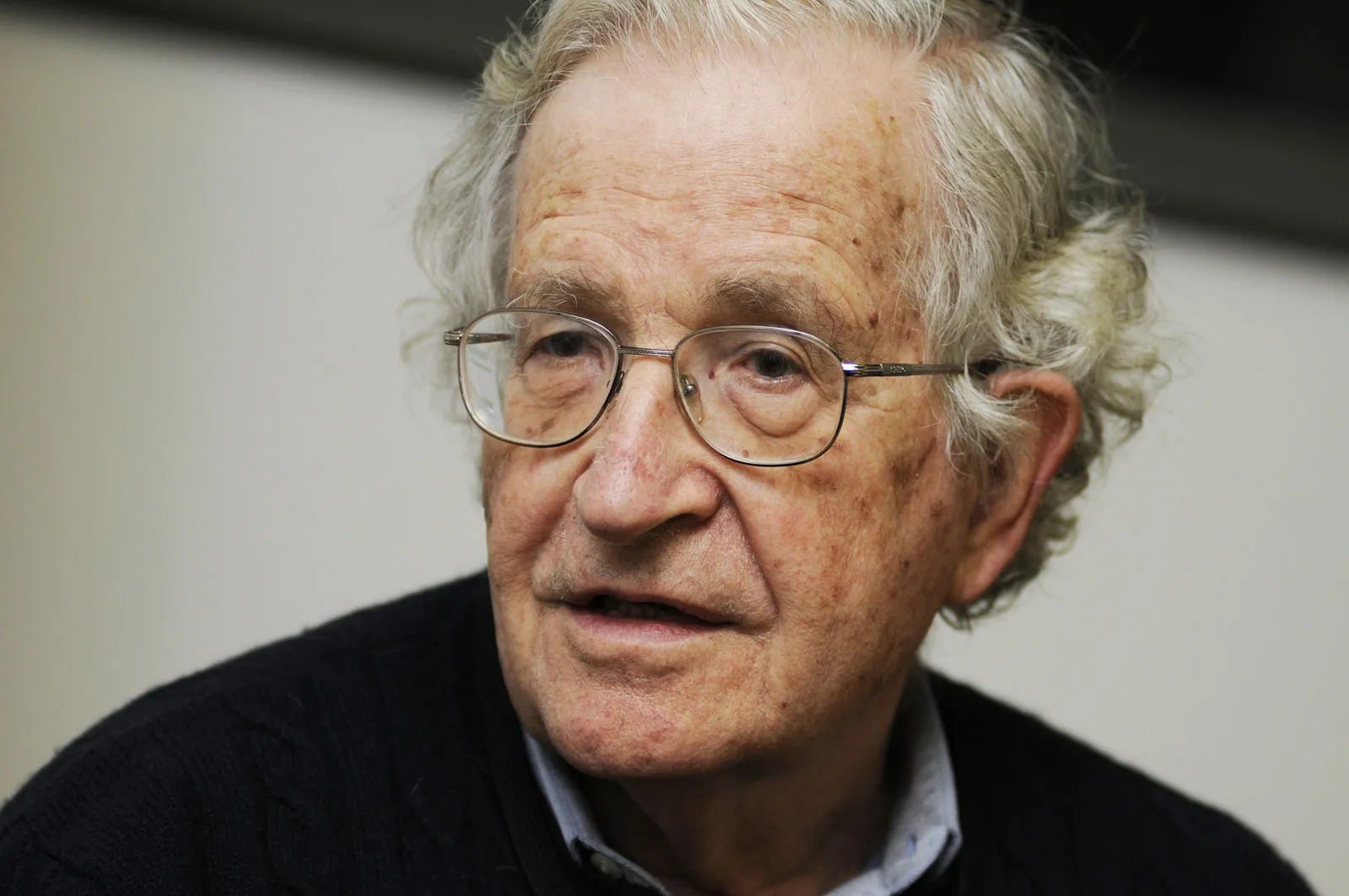Language is the cornerstone of human civilization, enabling us to communicate, express our thoughts, and preserve our cultural heritage. Throughout history, linguists have played a pivotal role in exploring the complexities of language, uncovering its origins, and shaping our understanding of the intricate structures that govern human communication.
From the groundbreaking work of pioneering scholars to the pioneering minds that have revolutionized linguistic theory, the field of linguistics has been shaped by countless remarkable individuals whose contributions have left an indelible mark on our understanding of language and its role in shaping societies.
In this article, we will embark on a journey through time, exploring the lives and legacies of the top 12 most influential linguists in history. These visionaries have not only advanced our knowledge of language but have also challenged traditional paradigms, fostering new perspectives and paving the way for future generations of linguists to build upon their remarkable achievements.
Noam Chomsky

Considered one of the most influential intellectuals of our time, Noam Chomsky’s contributions to linguistics are nothing short of revolutionary. His groundbreaking theory of generative grammar, introduced in the 1950s, challenged the prevailing behaviorist models and proposed that humans possess an innate, biologically determined capacity for language acquisition.
Chomsky’s theory of Universal Grammar posited that all languages share a common underlying structure, shaped by the human brain’s inherent linguistic capabilities. This concept has profoundly influenced our understanding of language development, acquisition, and the relationship between language and cognition.
Ferdinand de Saussure

Ferdinand de Saussure, a Swiss linguist and semiotician, is widely regarded as the founding father of modern linguistics and semiology. His seminal work, “Course in General Linguistics,” published posthumously in 1916, laid the foundation for the study of language as a structured system of signs and their underlying rules.
Saussure’s introduction of the concepts of “langue” (language as a system) and “parole” (individual speech acts) revolutionized linguistic thought, highlighting the importance of studying language as a systematic and organized whole. His work paved the way for the development of structural linguistics and semiotic theory, influencing generations of linguists and intellectuals across various disciplines.
Leonard Bloomfield
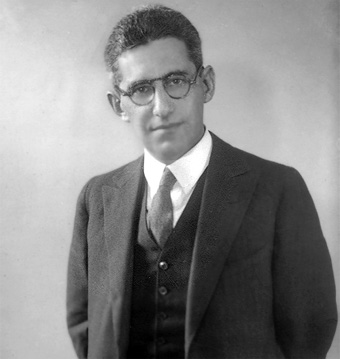
Leonard Bloomfield, an American linguist, is widely recognized as a pioneer of structural linguistics and a key figure in the development of American descriptive linguistics. His influential book, “Language,” published in 1933, introduced a rigorous and systematic approach to the study of language, emphasizing the importance of empirical data and observable phenomena.
Bloomfield’s work on the analysis of language structure, particularly his emphasis on the distribution of linguistic units and their combinatorial patterns, laid the foundation for the development of modern linguistic analysis techniques. His methodological rigor and insistence on objectivity have had a lasting impact on the field of linguistics and its approach to language description.
Edward Sapir
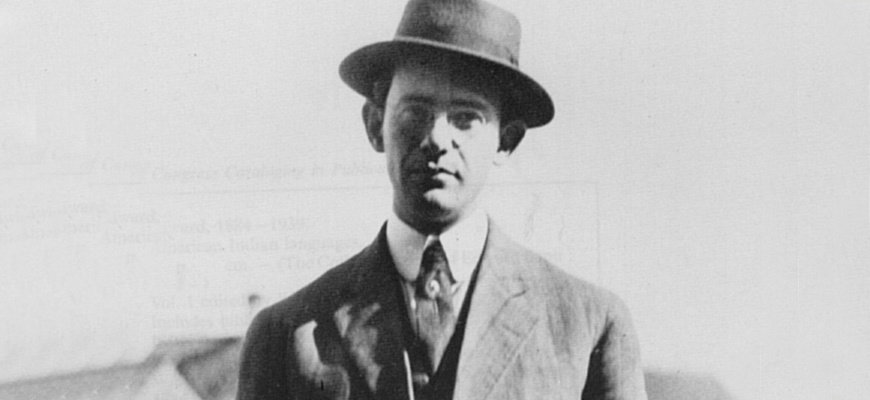
Edward Sapir, an American anthropologist and linguist, is renowned for his groundbreaking contributions to the study of language and its relationship to culture and cognition. His work on the indigenous languages of North America, particularly his documentation and analysis of the Navajo language, provided valuable insights into the diversity and complexity of human languages.
Sapir’s collaboration with Benjamin Lee Whorf led to the formulation of the influential Sapir-Whorf hypothesis, which posits that the structure of a language influences its speakers’ worldview and cognitive processes. This theory has sparked extensive debate and research, shedding light on the interplay between language, culture, and thought patterns.
Benjamin Lee Whorf
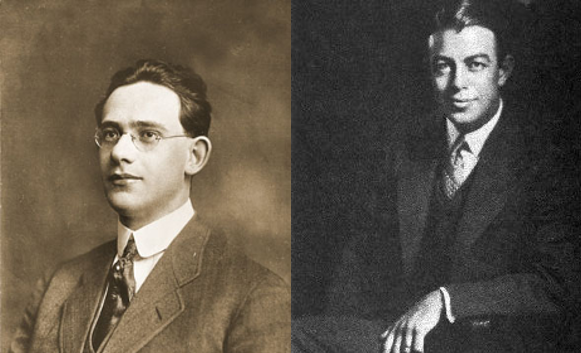
Benjamin Lee Whorf, an American linguist and chemical engineer, is best known for his contributions to the Sapir-Whorf hypothesis, which he developed in collaboration with Edward Sapir. Whorf’s in-depth study of the Hopi language and its unique linguistic features led him to propose that language shapes the way individuals perceive and conceptualize reality.
Whorf’s groundbreaking work challenged the prevailing notions of linguistic universality and highlighted the importance of linguistic relativity – the idea that different languages encode different worldviews and cognitive patterns. His insights have had a profound impact on the study of language, cognition, and cross-cultural communication, inspiring further research and exploration of the complex interplay between language and thought.
Roman Jakobson

Roman Jakobson, a Russian-American linguist and literary theorist, was a seminal figure in the development of structural linguistics and semiotics. His multidisciplinary approach and innovative ideas contributed significantly to the understanding of language as a complex system of signs and their underlying structures.
Jakobson’s work on phonology, particularly his concept of distinctive features and the principles of linguistic universals, revolutionized the study of sound systems in languages. His contributions to poetics and the analysis of literary texts through a linguistic lens have also had a profound impact on literary theory and criticism.
André Martinet
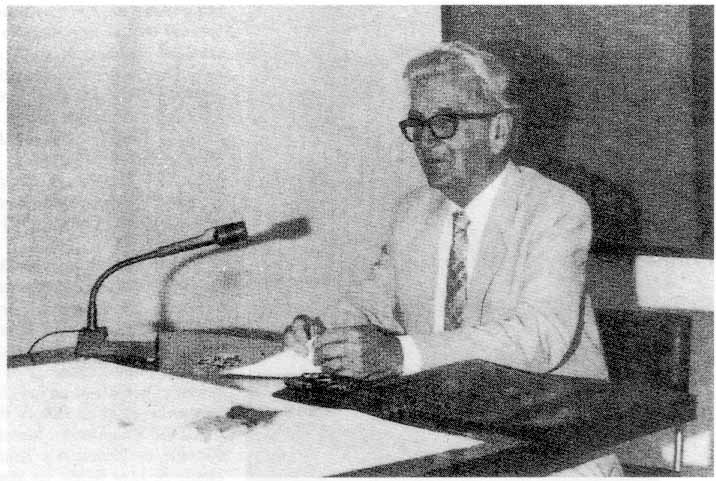
André Martinet, a French linguist, is widely recognized as a pioneer of functional linguistics and a key figure in the development of the theory of linguistic functionalism. His work focused on the relationship between language structure and its communicative function, emphasizing the importance of studying language in its social and cultural context.
Martinet’s concept of “double articulation” – the idea that language is organized into meaningful units (monemes) and further subdivided into distinctive sound units (phonemes) – has been influential in the study of linguistic structure and the evolution of language systems. His functional approach to language analysis has provided valuable insights into the dynamic nature of language and its adaptation to the needs of its users.
Joseph Greenberg
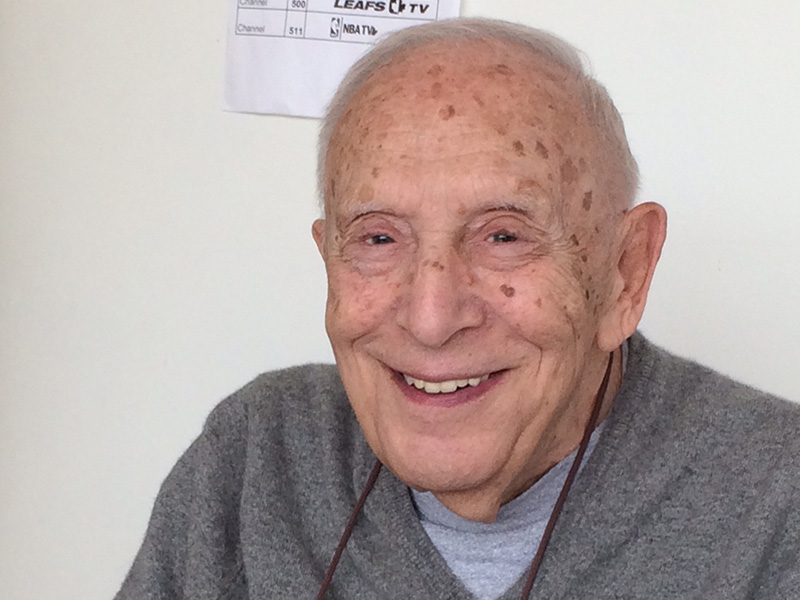
Joseph Greenberg, an American linguist and anthropologist, made groundbreaking contributions to the study of language classification and historical linguistics. His work on language universals and the genetic classification of languages has had a profound impact on our understanding of linguistic diversity and language evolution.
Greenberg’s seminal work, “Language Universals,” published in 1963, proposed a set of linguistic universals – common features shared by all human languages – and provided a framework for cross-linguistic comparison and analysis. His work on language classification, particularly his classification of African languages and the identification of the Amerind language family, has reshaped our understanding of linguistic relationships and the historical connections between languages.
William Labov
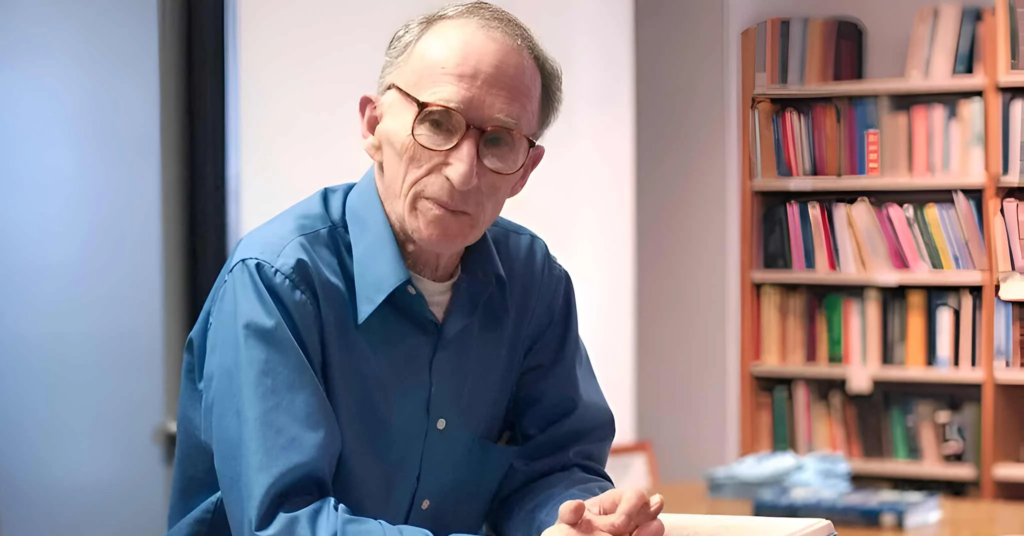
William Labov, an American linguist, is widely regarded as the founder of sociolinguistics – the study of language in its social context and the relationship between language and social factors such as class, ethnicity, and gender. His pioneering work on language variation and change has revolutionized our understanding of how language evolves and adapts to social dynamics.
Labov’s research on language variation in urban settings, particularly his study of the English spoken in New York City, has provided valuable insights into the role of social factors in shaping linguistic patterns. His methodological innovations, such as the use of sociolinguistic interviews and participant observation, have become standard practices in the field of sociolinguistics.
Dell Hymes
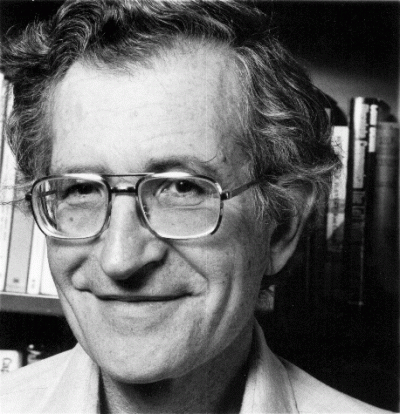
Dell Hymes, an American anthropologist and linguist, is best known for his contributions to the study of language in its socio-cultural context and the development of the ethnography of communication. His work challenged the prevailing notion of a homogeneous speech community and emphasized the importance of studying language as it is used in real-world contexts.
Hymes’s concept of “communicative competence” – the ability to use language appropriately and effectively in different social situations – has been influential in the fields of linguistics, anthropology, and education. His work has provided valuable insights into the complex interplay between language, culture, and social norms, and has inspired further research on the ethnographic study of language use.
Michael Halliday
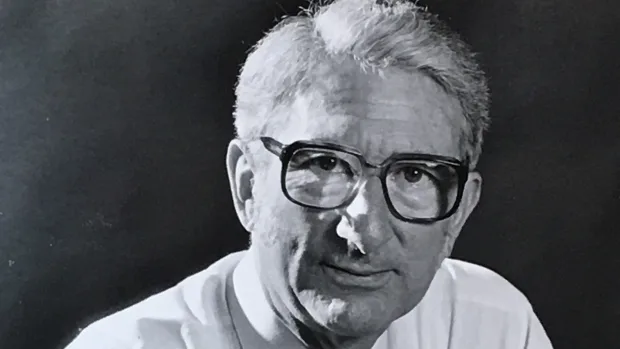
Michael Halliday, a British linguist, is renowned for his contributions to the field of functional linguistics and the development of Systemic Functional Linguistics (SFL). His work focused on the study of language as a social semiotic system, emphasizing the functional aspects of language and its role in creating and maintaining social relationships.
Halliday’s theory of SFL provides a comprehensive framework for analyzing language in its social context, taking into account the ideational, interpersonal, and textual functions of language. His work has been influential in various fields, including discourse analysis, language education, and the study of multimodal communication, providing valuable insights into the complex interplay between language, social context, and meaning-making.
Lera Boroditsky

Lera Boroditsky, a cognitive scientist and linguist, is a prominent figure in the study of language and its influence on human cognition and perception. Her groundbreaking work on linguistic relativity and the relationship between language and thought has challenged traditional assumptions and opened new avenues for exploration.
Boroditsky’s research has provided compelling evidence that the language we speak can shape our perception of time, space, and even abstract concepts like gender and causality. Her innovative experiments and cross-cultural studies have shed light on the intricate connections between language, culture, and cognitive processes, inspiring further research and interdisciplinary collaboration in the field of cognitive linguistics.
Conclusion
The top 12 most influential linguists in history have left an indelible mark on our understanding of language, its complexities, and its profound impact on human societies. From the pioneering work of Noam Chomsky and Ferdinand de Saussure to the groundbreaking contributions of scholars like Edward Sapir, Benjamin Lee Whorf, and Lera Boroditsky, these remarkable individuals have challenged traditional paradigms, fostered new perspectives, and advanced our knowledge of language in unprecedented ways.
Through their tireless efforts and intellectual rigor, these linguists have not only shed light on the intricate structures that govern human communication but also explored the intricate relationships between language, culture, cognition, and social dynamics. Their work has transcended disciplinary boundaries, inspiring interdisciplinary collaborations and fostering a deeper appreciation for the rich tapestry of linguistic diversity that exists across the globe.
As we continue to explore the depths of language and its role in shaping human experience, the contributions of these influential linguists will continue to serve as a guiding light, inspiring future generations of scholars and researchers to push the boundaries of our understanding and unravel the mysteries that lie at the heart of this fundamental aspect of our existence.
By preserving and building upon the legacies of these pioneering minds, we can continue to advance the field of linguistics, fostering greater cross-cultural understanding, promoting linguistic diversity, and ultimately, enriching our collective human experience through the power of language.

